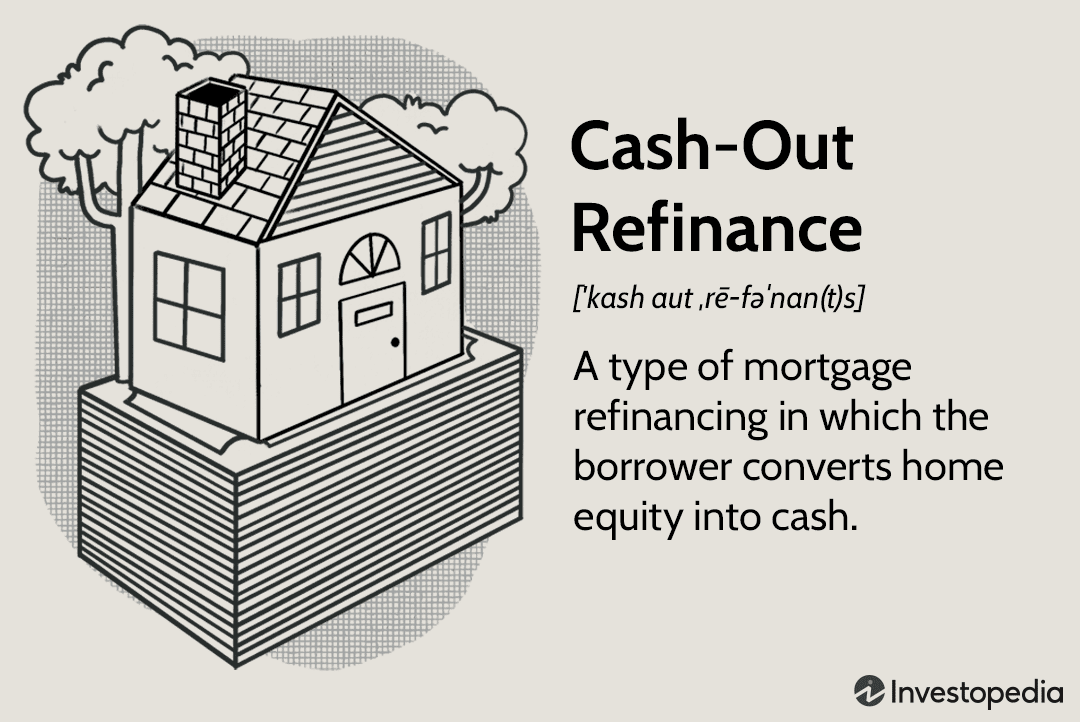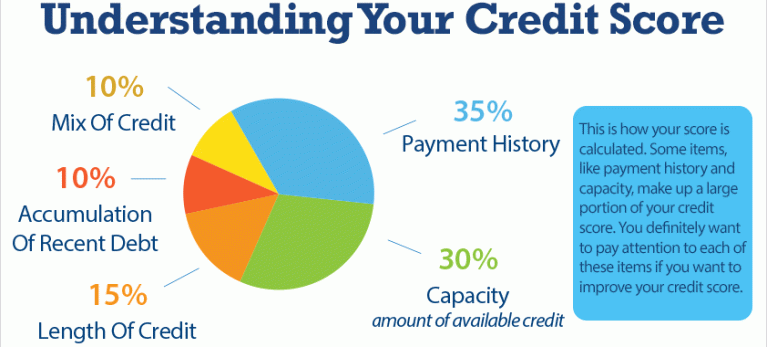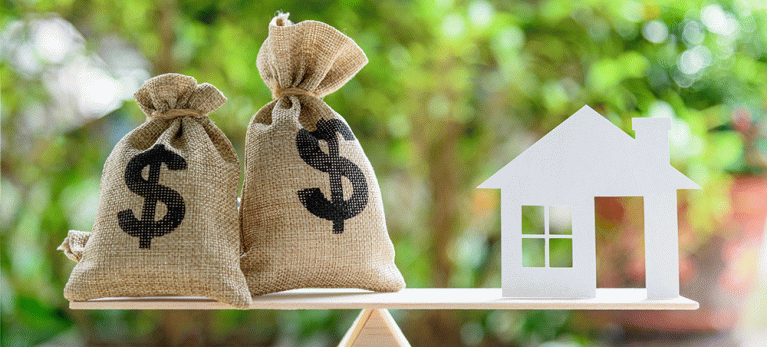Are you looking to refinance your mortgage and create some cash? Cash-out refinancing is a refinancing option that allows the borrower to receive money by taking out a larger mortgage on their property than their current mortgage. The monetary difference between the two mortgages is converted into cash and made available to the borrower. If you’ve been asking yourself whether a cash-out refi or a home equity loan is a better option, read on to inform your decision-making process.
How Could a Cash-Out Refinance Help You? -Receive cash for major expenses. -Consolidate your debt. -Reinvest the cash you get back into your home. -Shorten your loan term and/or get a lower rate. -How Much Can I Cash Out Refinance? -How much you can refinance depends on a few things. One of the most significant components of determining the amount of a cash-out refinance is how much of your home you currently own.
 What is the difference between refinancing and a cash-out refinance? A simple refinance doesn’t extract any of the equity from your home. You get lower interest rates and a lower mortgage payment, and the term of your loan may be extended to give you a little more time to pay it off. Yet you won’t get a check or any additional money to conduct repairs or to make improvements.
What is the difference between refinancing and a cash-out refinance? A simple refinance doesn’t extract any of the equity from your home. You get lower interest rates and a lower mortgage payment, and the term of your loan may be extended to give you a little more time to pay it off. Yet you won’t get a check or any additional money to conduct repairs or to make improvements.
A cash-out refinance refinances and pays off the original mortgage, but gives you access to some of your equity. This puts cash in your hand which you can then use for a variety of purposes. A cash-out refinance essentially combines a refinance with a home equity loan to give you some financial flexibility. What Are The Benefits of Cash-Out Refinance? Home Equity When you borrow money, you must consider who you’re borrowing it from. This principle comes in handy while you’re thinking about whether or not a cash-out refinance is your best option.
There are many benefits to this kind of refinancing, one of which is gaining value from the money you’re borrowing. When you repay a mortgage, you gradually gain equity in your home. With credit card debt, you’re usually spending on frivolous material possessions. With a cash-out refi, you’re doubling down on your plans for the future. Debt Consolidation and Credit Relief A cash-out refinance is beneficial for individuals who are looking for an effective method to consolidate debt. It affords people the opportunity to use their home equity as leverage against outstanding debt and improve their credit score.
Interest rates are usually higher for credit cards than for mortgages. To illustrate this point, one need only compare the national average for both in 2018. The national average interest rate for credit cards was 15.32%. Compare that to the national interest rate on home mortgages, which was 4.58%, and you can see why a cash-out refinance is a suitable solution to miscellaneous debt. Lower Your Mortgage Rate In the current real estate market, mortgage interest rates are favorably low. If you received your mortgage when rates were high, now is a great time to refinance.
You may be able to lower your mortgage rate while receiving cash. What Should I Consider When Deciding on Cash-Out Refinancing? Replacing Debt with Debt As with any other financial decision, a cash-out refinance should not be taken lightly. This kind of refinancing is a secured debt. This means that you’re placing your own assets on the line (equity in your home). With unsecured debt, the bank can’t foreclose your house. If you default on a cash-out refinance, they can. That’s not to say that you should abandon the idea of a cash-out refinance.
Refinanced mortgage rates are lower than credit card APR rates and less damaging than medical bills sent to collections. However, it’s important to make sure that your income is secure and that you don’t incur any additional miscellaneous debt. Taking on debt to pay off debt is always risky, but if you prepare for it efficiently, it can save you a considerable amount of money. Home Improvements and the Value of Your Home Refinancing is a great way to improve your property value. If you’re planning on retiring and moving in the future, it can give you the assets necessary to do so. Home improvements can also ensure that you’re getting more out of the financial investment that you put in. Since you’ll be investing in something that you already partially own, you’re mitigating some of the risk factors. The bottom line: investing in your assets and your future is never ill-advised.






